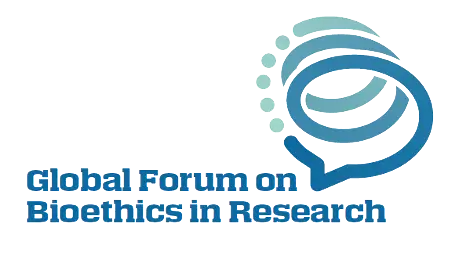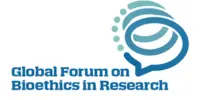Agenda
19 November 2024
| Time | Session |
|---|---|
|
08:30
08:40
|
|
|
08:40
09:30
|
Fortunate Machingura
Speaker
Centre for Sexual Health and HIV/AIDS Research Zimbabwe (CeSHHAR Zimbabwe)Zimbabwe
|
|
09:30
10:00
|
|
|
10:00
10:30
|
|
|
10:30
11:25
|
Kevin Behrens
Chairperson
Steve Biko Centre for Bioethics, University of the WitwatersrandSouth Africa
|
|
11:25
12:15
|
Questions:
|
|
12:15
13:30
|
|
|
13:30
14:25
|
|
|
14:25
15:10
|
Questions:
|
|
15:10
15:40
|
|
|
15:40
16:50
|
|
|
16:50
17:35
|
Questions:
|
|
17:35
17:35
|
|
|
18:30
22:00
|
Please gather in the hotel lobby to board the coach to the dinner venue.
|
20 November 2024
| Time | Session |
|---|---|
|
08:30
09:00
|
|
|
09:00
09:55
|
|
|
09:55
10:40
|
Questions:
|
|
10:40
11:20
|
|
|
11:20
12:30
|
Fortunate Machingura
Chairperson
Centre for Sexual Health and HIV/AIDS Research Zimbabwe (CeSHHAR Zimbabwe)Zimbabwe
|
|
12:30
13:15
|
Questions:
|
|
13:15
14:30
|
|
|
14:30
15:00
|
Phaik Yeong Cheah
Chairperson
Mahidol Oxford Tropical Medicine Research Unit, University of OxfordThailand
|
|
15:00
15:45
|
To Highlight Key Themes Arising at the Meeting and to Tease Out Key Issues That Have Been Missing From the Discussion
|
|
15:45
16:00
|
|
|
16:00
16:00
|

